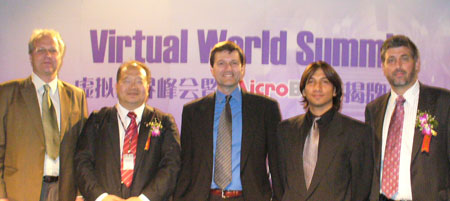 If you have been curiously watching the news around Club Penguin you may have wondered aloud, is this really worth $500-$700 million?
If you have been curiously watching the news around Club Penguin you may have wondered aloud, is this really worth $500-$700 million?
The answer is it depends on who you are. Certainly on its face the projected revenues by themselves don’t seam to make sense, especially as was mentioned on TechCrunch that penguins (like anything else) are only likely to be hot for so long.
Club Penguin has captured the untapped demographic of children and tweens better than any other game, and games are the driving attention force for this market. For Sony this would have been of little value since they really do not have a way to capitalize on it across their company. They are focused on Generation Y. The Wii vs. PS3 battle is delineated along the demographics that each company targets.
Disney on the other hand is directed almost singularly at the children and tween market. They add a lot of value through brand trust and the ability to market a wide array of verticals towards this demographic. What they have lacked is a good vehicle in online games. They have made some headway with games like ToonTown, but ToonTown requires a client download and is not quite as accessible.
Will Club Penguin remain hot enough to pay back the investment before penguins become pase’? Perhaps, with Disney’s marketing and investment its possible. That is only part of the equation that makes this a no-brainer.
Contrary to Bob Iger’s public statment that Club Penguin will be a standalone business, I believe that this is an important strategic move. It is about grabbing the attention of this demographic and growing it to the whole range of Disney properties. This strategic move should not be as much about making money from Club Penguin as it is about creating a new channel to sell Disney to Disney’s core market.
I think Bob has played a smart hand in buying Penguin, let’s hope it pays off.
 In February I was honored to be part of a Panel on Virtual World development at Engage 2010 at the NY Toy Fair.
In February I was honored to be part of a Panel on Virtual World development at Engage 2010 at the NY Toy Fair. The choice of which technology and language a project is built on can be divisive. We wed ourselves to the tools we know best and identify with the solutions we employ. While there are zelots in the PC vs Mac debates, the hotter arguments in tech circles frequently revolve around what technology will mean success.
The choice of which technology and language a project is built on can be divisive. We wed ourselves to the tools we know best and identify with the solutions we employ. While there are zelots in the PC vs Mac debates, the hotter arguments in tech circles frequently revolve around what technology will mean success.



